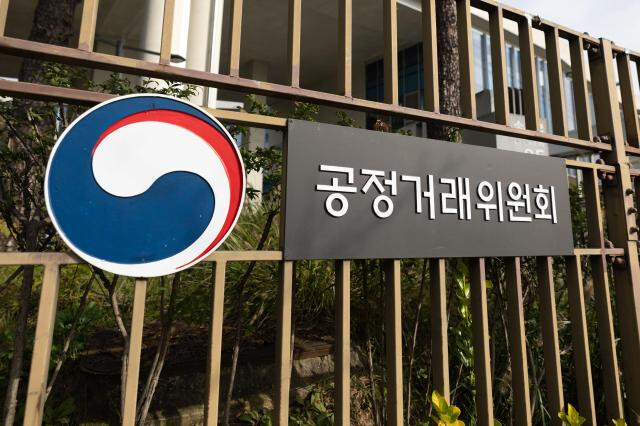
Seoul, South Korea– The Korea Fair Trade Commission (KFTC) has levied significant corrective orders against two dominant online college application processing agencies, Uwayapply and Jinhakapply, following a lengthy investigation that uncovered a decade-long scheme of providing substantial financial incentives and goods to universities. The KFTC alleges that these practices were aimed at securing and maintaining lucrative contracts for their application processing services, amounting to nearly 100 billion KRW (approximately 74 million USD) in total disbursements.
The investigation revealed that Uway provided approximately 4.899 billion KRW (around 3.6 million USD) to 93 universities between February 2013 and December 2023. Similarly, Jinhak is accused of offering roughly 4.69192 billion KRW (about 3.4 million USD) to 78 universities during the period from February 2013 to January 2024. These payments and provisions were allegedly made to either establish new contracts for their online application processing services or to ensure the continuation of existing agreements.
The business model for these online application platforms involves acting as an intermediary between prospective students and universities. Students utilize a single platform to complete and submit applications to multiple institutions. In return for this service, universities typically charge applicants an admission processing fee, a portion of which (ranging from 4,000 to 5,000 KRW per application) is then paid to the application processing agency. The total application fee can range from 30,000 to 100,000 KRW per applicant, depending on the university and program.
The KFTC’s findings indicate that Uway and Jinhak engaged in what they deemed unfair competitive practices by offering a variety of inducements to university administrators. These included direct financial contributions categorized as “university development funds,” “workshop support funds,” “sports day sponsorships,” and “concert sponsorships.” Additionally, the agencies allegedly provided tangible goods such as Apple iPads, multi-function printers, laptop computers, and even group uniforms to university staff.
Notably, the scale of these offerings appeared to correlate with the size and prestige of the universities. Institutions with larger student enrollment capacities and a higher volume of applications, often the most sought-after universities in South Korea, reportedly received the most substantial benefits. This suggests a strategic effort by Uway and Jinhak to prioritize securing contracts with these high-demand institutions, thereby maximizing their market share and revenue.
The KFTC’s ruling emphasizes that competition in this sector should be based on factors such as the quality, security, stability, and technical support of the application processing systems, as well as the pricing of their services. By competing primarily on the volume of financial contributions and material goods offered, Uway and Jinhak allegedly distorted the natural competitive landscape. This practice raises concerns about potential price inflation and a lack of incentive for the agencies to improve their core services, ultimately harming the students who bear the cost of the application fees.
The KFTC explicitly stated that the actions of Uway and Jinhak constitute “unfairly inducing customers by unfair means,” a violation of South Korea’s Fair Trade Act. This designation highlights the regulatory body’s concern that these practices undermine fair competition and potentially lead to increased costs or suboptimal services for consumers (in this case, the students).
Industry analysts suggest that the dominance of Uway and Jinhak in the online college application processing market in South Korea may have contributed to this situation. With limited competition, the primary means of securing university contracts may have devolved into offering financial incentives rather than focusing on service differentiation and competitive pricing. This alleged behavior underscores the importance of regulatory oversight in markets with few dominant players to ensure fair practices and protect consumer interests.
The corrective orders issued by the KFTC are expected to include measures aimed at preventing Uway and Jinhak from engaging in such practices in the future. These could involve stricter guidelines on financial interactions between application processing agencies and universities, as well as increased scrutiny of contract negotiations. The KFTC’s decision may also pave the way for greater transparency in the contracting process and potentially encourage new entrants into the market, fostering healthier competition.
The implications of this case extend beyond the immediate sanctions on Uway and Jinhak. It raises broader questions about the ethical considerations of business practices within the education sector and the potential for conflicts of interest when significant financial relationships exist between service providers and educational institutions. The case serves as a reminder of the need for vigilance in ensuring fair and transparent dealings in sectors that directly impact students and their access to higher education.
The KFTC’s action is a significant step towards addressing these concerns and promoting a more level playing field in the online college application processing market in South Korea. The long-term impact of these corrective measures on the industry and the benefits for prospective students remain to be seen, but the ruling sends a clear message that anticompetitive practices that prioritize financial inducements over service quality will not be tolerated.
[Copyright (c) Global Economic Times. All Rights Reserved.]






























